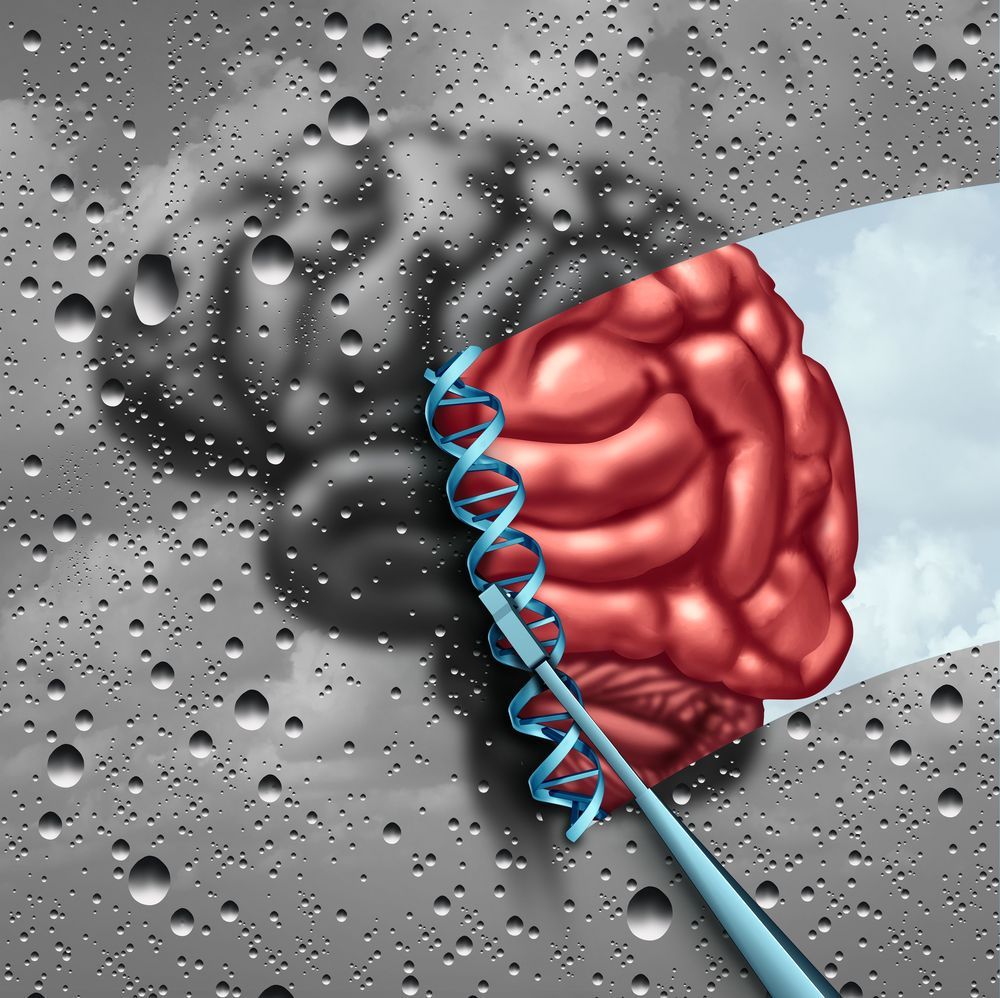In a surprise to many researchers around the world, Chinese authorities recently approved a novel drug claimed to improve cognitive function in patients with Alzheimer’s disease. The drug, derived from a marine algae, is the first new Alzheimer’s drug to reach the market anywhere in the world in almost 20 years, and is suggested to reduce neuroinflammation by modulating a person’s gut microbiome.
GV-971, or sodium oligomannate, is derived from a common form of seaweed called brown algae. For several years the compound has been under investigation in China as a treatment to slow, or even reverse, cognitive decline associated with mild to moderate cases of Alzheimer’s disease.
The latest announcement from China’s National Medical Products Administration (NMPA) has granted the drug “conditional approval”, meaning it is to be fast-tracked to market based on positive early Phase 3 trial results. The “conditional approval” requires ongoing studies to verify efficacy and safety, however, it can now move to open market sales in China within the next month or two.
